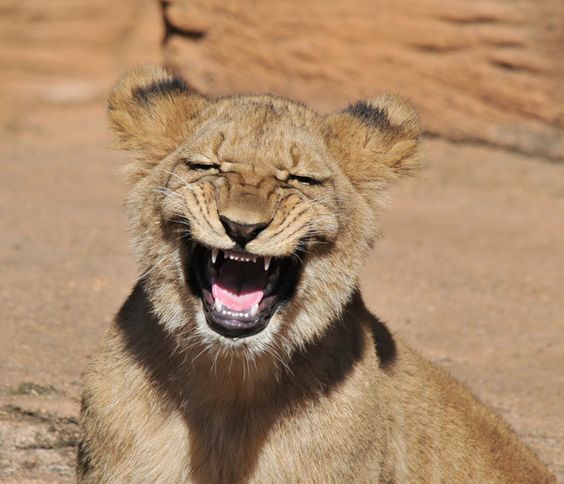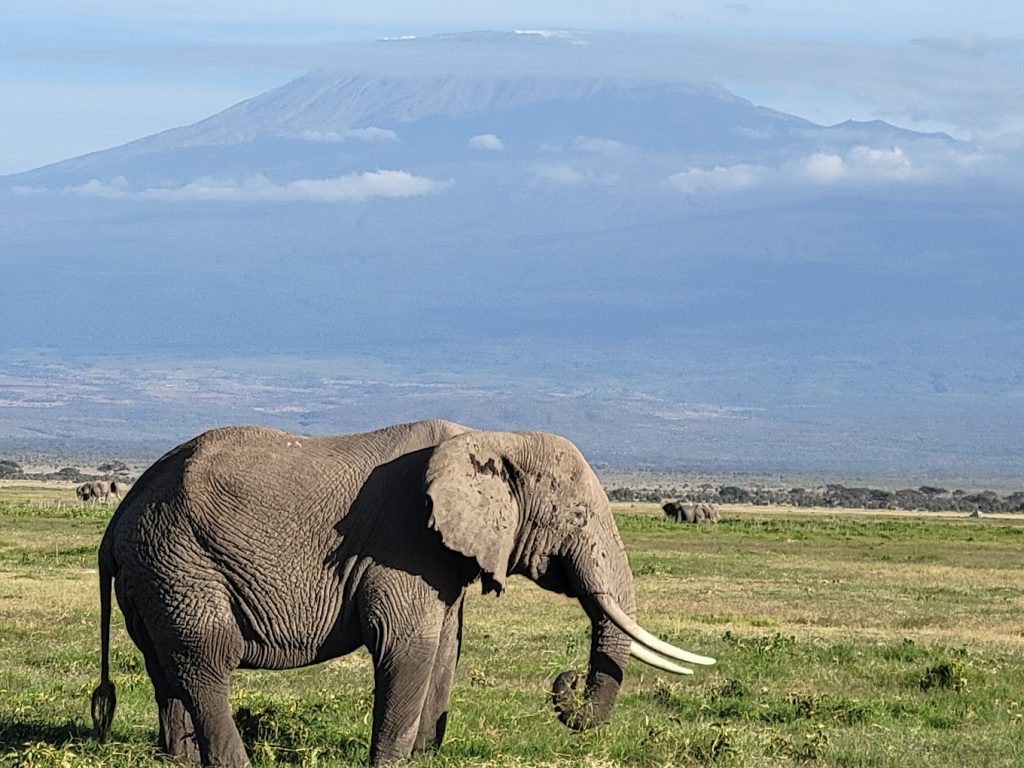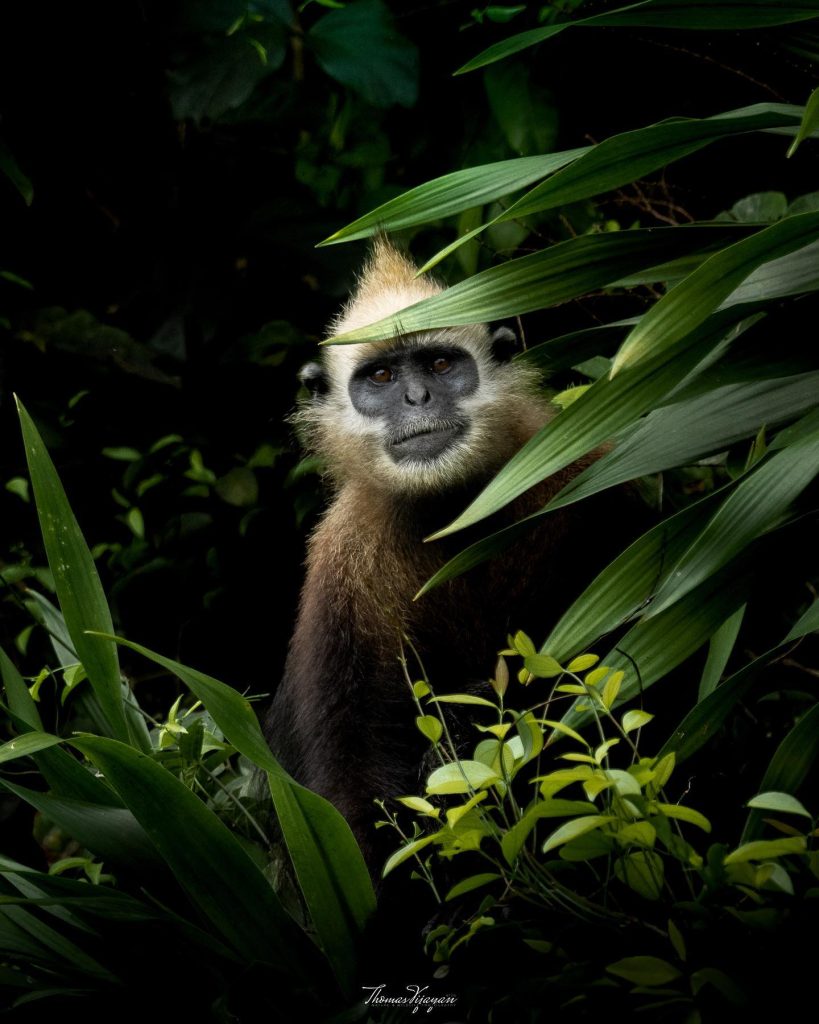Going on a safari in Africa offers the thrilling opportunity to see majestic predators like lions, cheetahs, and leopards in their natural habitat. Despite their raw power and hunting instincts, attacks on safari tourists are extremely rare. But why is that the case? Here’s a closer look at the reasons why big cats seldom pose a threat to humans on safari.
1. Safari Vehicles Don’t Trigger Predator Instincts
Lions, cheetahs, and leopards don’t see safari vehicles as prey or threats. From their perspective, vehicles are just large, unfamiliar objects that don’t behave like animals. Tourists inside vehicles remain mostly still and quiet, which makes them blend into the shape of the vehicle. This minimizes the chance of triggering the predator’s hunting instincts.
2. Big Cats Are Naturally Wary of Humans
Even apex predators like lions and leopards have a healthy fear of humans. Through generations of interaction—some peaceful, others harmful—wild animals have learned to be cautious. Predators tend to avoid confrontation with humans unless they feel cornered, provoked, or threatened.
3. Wildlife Reserves Enforce Strict Safety Rules
Game reserves and safari operators follow strict guidelines to ensure both tourist and animal safety. Rules such as staying inside the vehicle, keeping noise levels low, and not feeding the animals are designed to prevent dangerous encounters. Professional guides are trained to read animal behavior and avoid risky situations.
4. Plentiful Natural Prey
Lions, cheetahs, and leopards have an abundance of natural prey like antelope, zebras, and wildebeests. There is little incentive for them to see humans as a food source. Hunting wild prey is part of their natural behavior, and humans simply don’t fit into that ecosystem role.
5. Tourists Don’t Exhibit Prey Behavior
Predators rely heavily on movement and behavior to identify prey. Safari tourists, seated and often still, don’t behave like typical prey. Cheetahs and leopards, which rely on stealth and surprise, have little interest in approaching a group of motionless humans in a noisy, unfamiliar machine.
While wild animals are unpredictable and caution is always necessary, the reality is that lions, cheetahs, and leopards rarely attack safari tourists. By respecting wildlife, following safety protocols, and trusting experienced guides, tourists can enjoy a safe, unforgettable adventure into the heart of nature.



